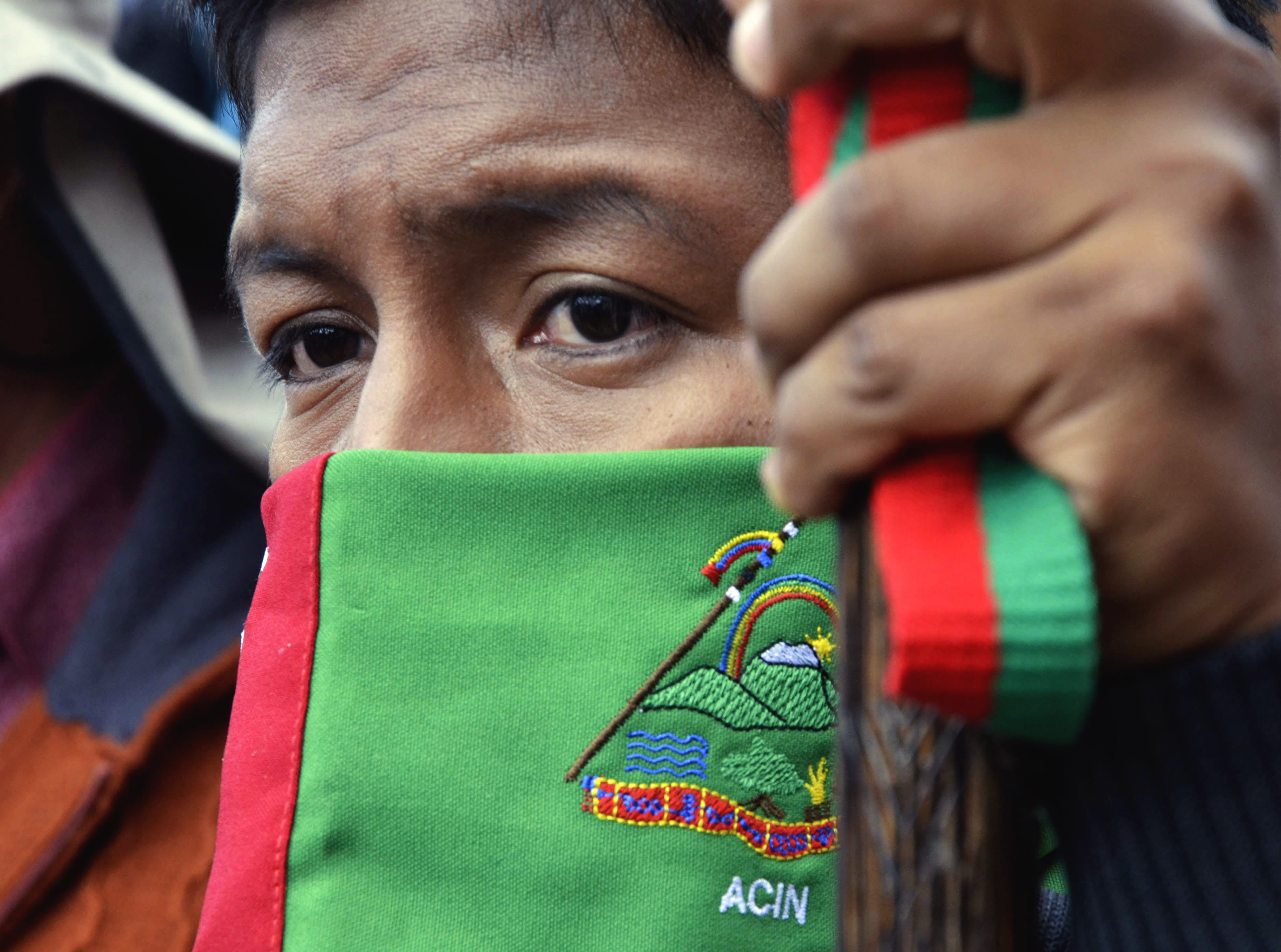“We Have Always Known”: On the Trails of People, Plants, and Humboldt
DOI:
https://doi.org/10.5282/rcc-springs-3939Abstract
A photograph of a meeting between Indigenous leaders and Colombian government officials reminds Paula Ungar of her current work. Reading an essay by Alexander von Humboldt, she reflects on how plants affect their observer and the world around them. However, science erects barriers between the world of plants and the world of humans. And while Humboldt’s observations resonate with the meeting of the two governments and the efforts to overcome oppressive boundaries, his writing was ignorant of the knowledge of Indigenous peoples. Truly responsible ecology should include both human and nonhuman organisms in our understanding of nature.

Downloads
Published
Issue
Section
License
Copyright (c) 2023 Paula Ungar

This work is licensed under a Creative Commons Attribution 4.0 International License.

